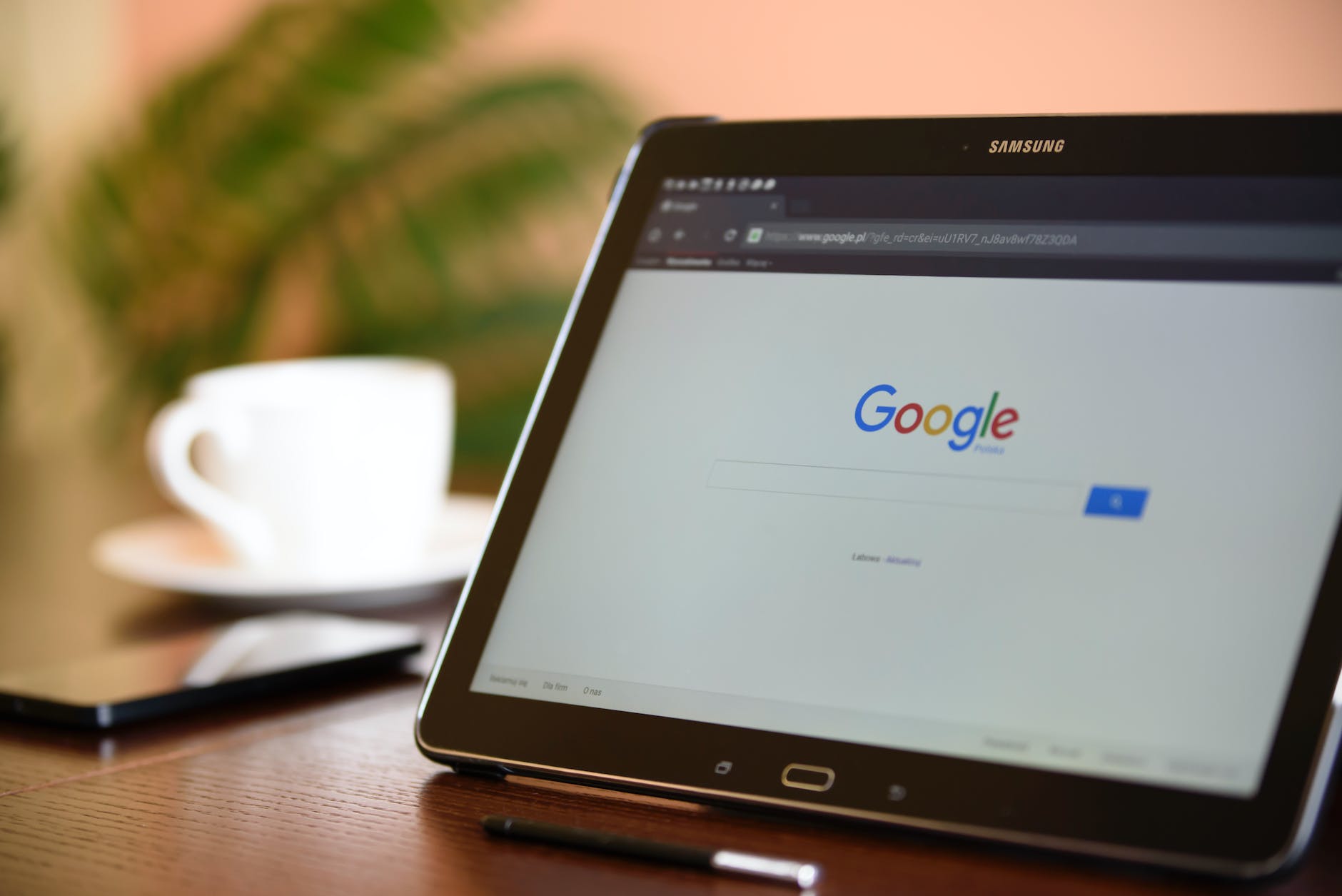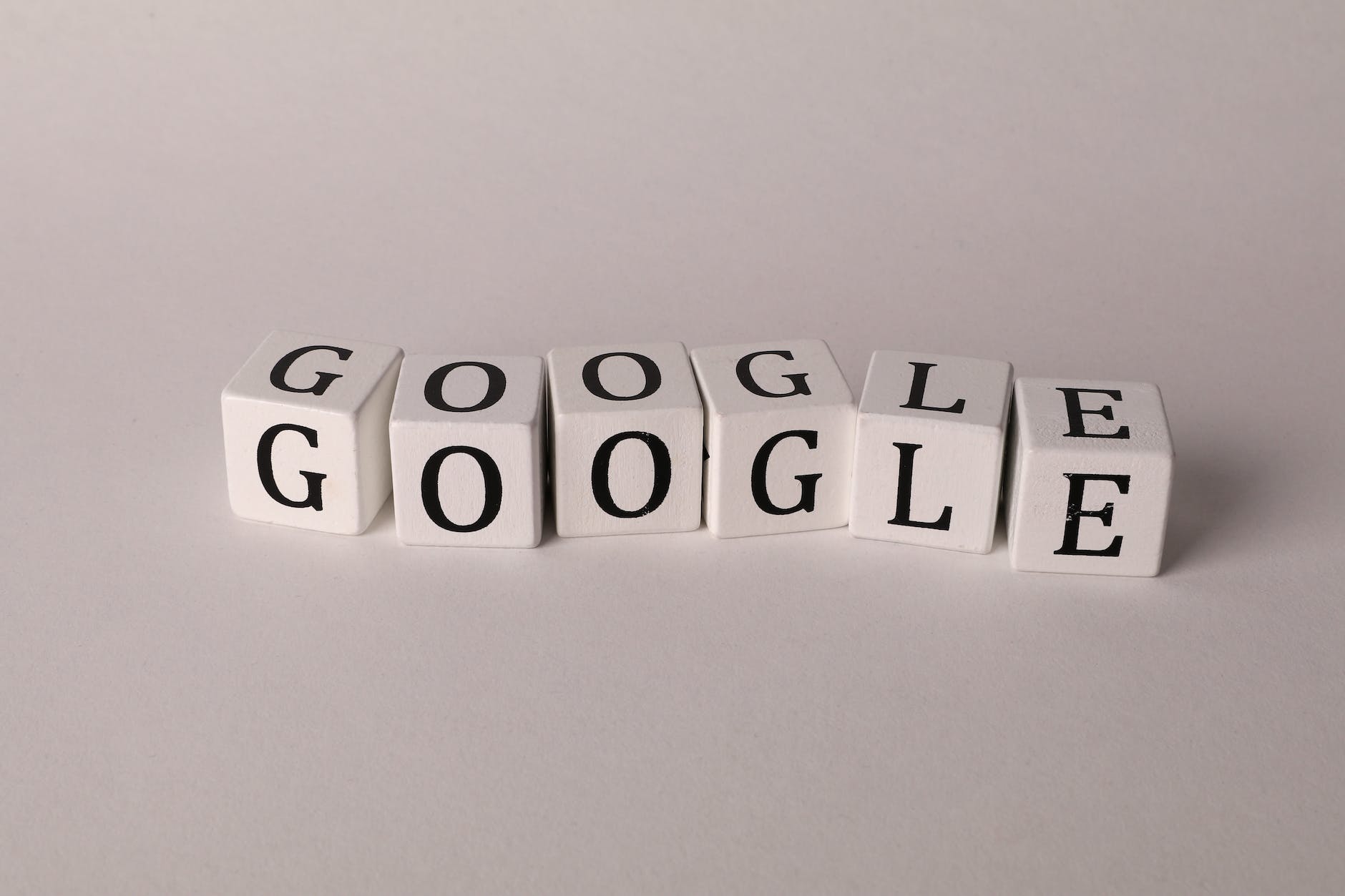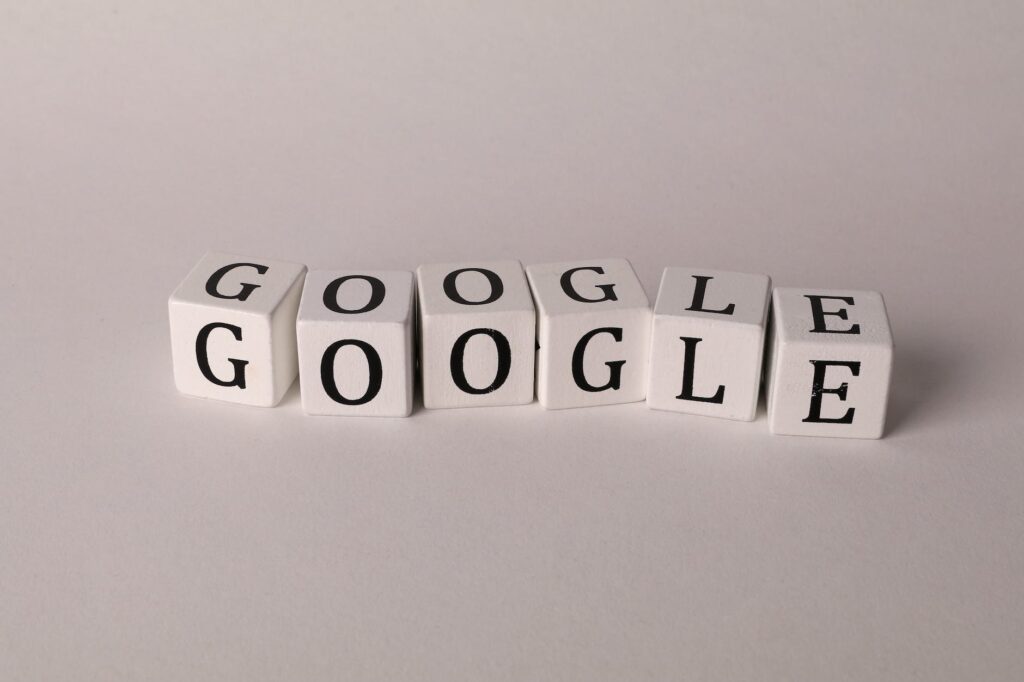In a dramatic turn of events, the ongoing trial between Epic Games, the creator of Fortnite, and Google has exposed the tech giant’s strategic moves to secure its dominance in the Android ecosystem. James Kolotouros, Google’s Vice President for Partnerships, recently testified about the company’s plans to share app store revenue with Android device makers, ensuring Google Play’s preinstallation on home screens.
Strategic Revenue Sharing with Samsung

Epic’s lawyers presented a crucial agreement with Samsung as evidence, revealing that Google had been striking deals with mobile phone manufacturers for the past four years. Kolotouros disclosed that Samsung devices contribute to more than half of Google Play’s revenue. The trial aims to establish that Google sought to discourage third-party app stores to protect its operating profit, estimated at over $12 billion in 2021.
Fears of Third-Party App Store Proliferation
Epic Games is meticulously presenting evidence to showcase Google’s concern over game developers opting for independent releases. Google’s alleged willingness to spend millions to retain developers within the Google Play ecosystem came to light last week, setting the stage for a heated legal battle.
Alphabet CEO Sundar Pichai Faces Questioning
The trial intensifies as Epic’s lawyers prepare to question Alphabet Inc.’s CEO, Sundar Pichai, about Google’s practices. The focus is on Google’s efforts to maintain its search engine as the default choice on mobile devices, a subject also under scrutiny in a separate antitrust trial with the Justice Department in Washington.

Project Banyan: Google’s Defensive Maneuver
Epic’s lawyer, Lauren Moskowitz, highlighted a 2019 Google internal presentation called “Project Banyan,” aimed at fortifying the Google Play Store against Samsung’s Galaxy App Store. The presentation raised the “existential question” of how to keep Play as the preeminent distribution platform for Android.
Financial Incentives and Abandoned Proposals
Google reportedly offered Samsung $200 million over four years to integrate the Galaxy Store within Google Play, but the proposal was abandoned. Instead, Google signed three deals with Samsung worth a whopping $8 billion over four years. Internal documents revealed that Google saved nearly $1 billion by allowing both Google Play and the Galaxy Store on a device’s home screen.
Internal Concerns and Countermeasures
Epic’s lawyer delved into internal emails showing Google employees’ concerns about the risk to Google Play revenue as Android phone manufacturers launched their app stores and payment systems. Amazon, with its growing app store, was perceived as a significant threat. Google’s plans in 2019 included offering a share of Google Play revenue to mobile device makers, apart from Samsung, as a safeguard.
The Quest for Exclusivity and Competitive Edge
To secure Google Play exclusivity, Google devised a tiered plan offering a share of revenue to mobile device makers, with smaller manufacturers receiving a percentage of app store sales. The company also considered extending a revenue share from its Search business sales. Google’s argument is centered around preventing users from switching to iPhones, portraying its policies and agreements as legitimate efforts to foster competition.
Halting Project Banyan
A pivotal moment in the trial came to light with an email from Jamie Rosenberg, a former Google Play and Android operations leader. The email revealed the halt of “Project Banyan,” citing a competitive dynamic among store teams. Google’s attorneys presented this as a strategic decision to maintain healthy competition within the Android ecosystem.
As the trial unfolds, the tech industry watches closely, anticipating the implications of Google’s alleged anti-competitive practices in the Android app marketplace.



Thanks for sharing. I read many of your blog posts, cool, your blog is very good.
Thank You